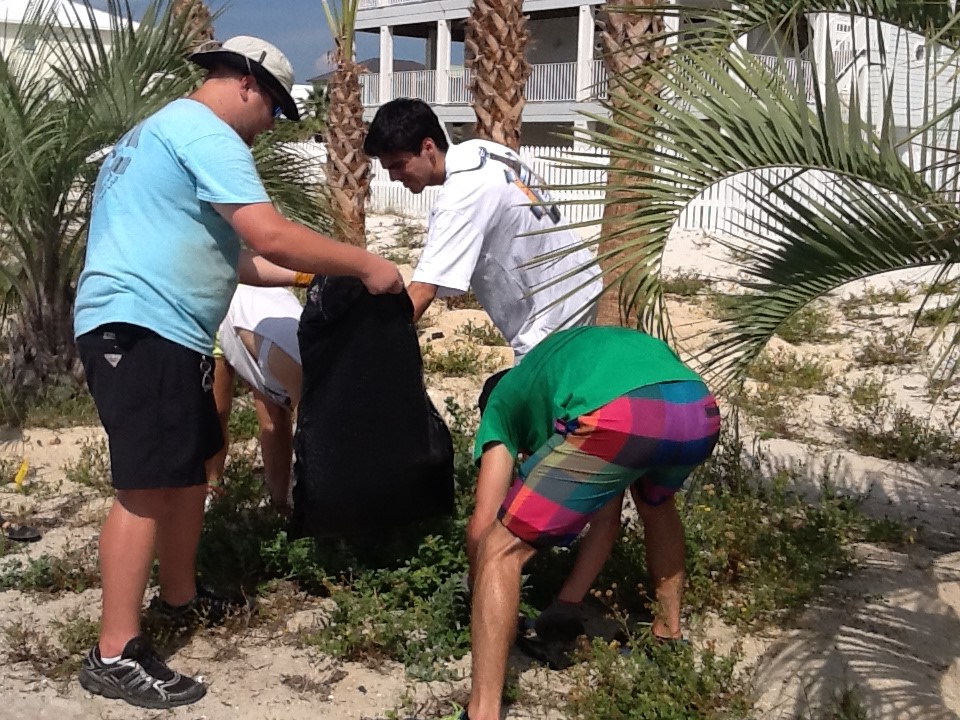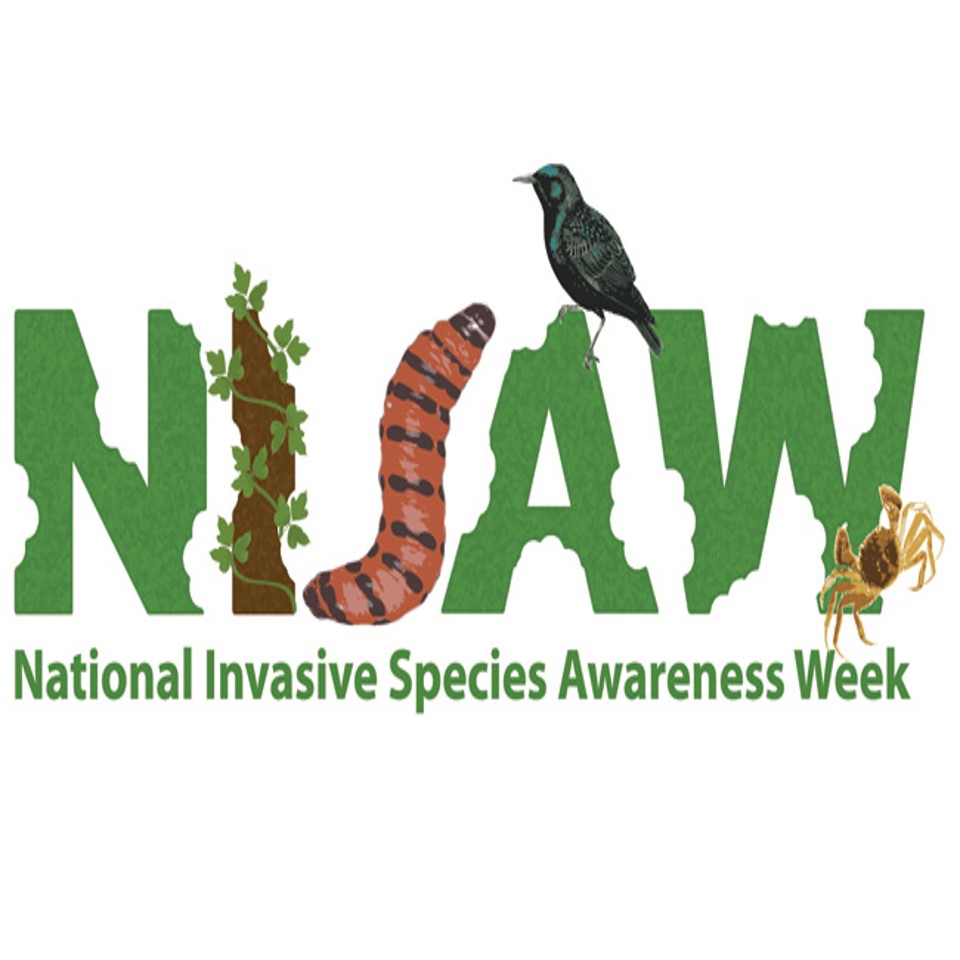National Invasive Species Awareness Week
With our articles this week we hoped to make you more aware of what an invasive species is, why they need to be managed, and some of the threats that exist in the Florida panhandle. We highlighted several species but there are many more. Some, like Chinese Tallow and Japanese Climbing Fern, are well established and will never be eradicated. Others, like giant salvinia and the Cuban treefrog, have been detected early enough that there MAY be a chance. As with all of these species – we only know what we know. It is likely that all locations of these species have not been reported.
This is where you can help.

The first thing you can do is become familiar with the invasive species in your area.
The Six Rivers Cooperative Invasive Species Management Area (CISMA) includes Escambia, Santa Rosa, Okaloosa, Walton, Homes, and Washington counties in the Florida panhandle. It also includes Baldwin, Escambia, and Covington counties in Alabama. On their website you will find a tab on the tool bar labeled EDRR. Here you can see a list of EDRR species found for this CISMA. We also have a list of what we call the “Dirty Dozen”. These are the top 12 established invasive species in this management area. The Apalachicola Regional Stewardship Alliance CISMA includes Bay, Calhoun, Franklin, Gadsden, Gulf, Jackson, Leon, Liberty, and Wakulla counties. You can find the same information for that area at their website.
Second, report any invasive species to the EDDMapS database.
This is a national database used by resource managers to assess the status of invasive species in their area and develop management plans to address. We need your help reporting. You can do so on that website or download the app I’veGotOne from the website or your favorite app store. This is a free app that will allow you to photograph and report invasive species from the field. The data from this app populates the EDDMapS database.
Third, help manage these species.
You can do this on your property or participate in a community event that is removing invasive species in your area. If you have questions on the best methods for managing your property, or where a local event is occurring, contact your county extension office or your local CISMA.
Fourth, help us educate more in the panhandle about this issue. The effort to manage invasive species is similar to managing litter and debris. The more groups that are engaged, the larger our impact will be.

- Rattlesnakes on Our Barrier Islands; Part 5 – Reproduction - January 12, 2026
- Rattlesnakes on Our Barrier Islands; Part 4 – Thermoregulation - December 29, 2025
- Rattlesnakes on Our Barrier Islands; Part 3 – Envenomation - December 22, 2025
